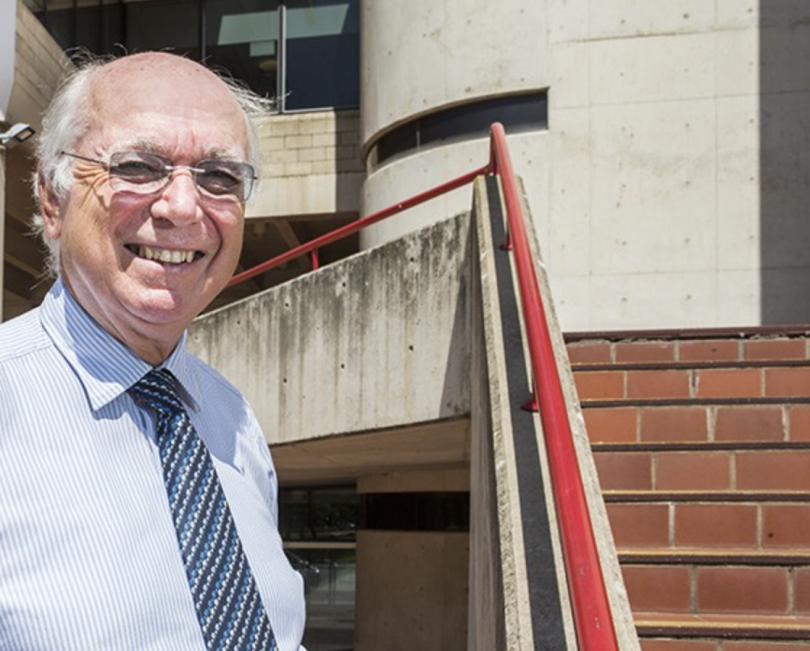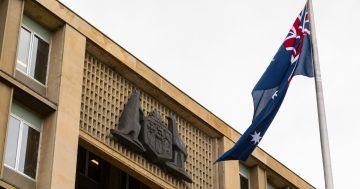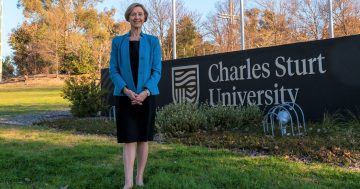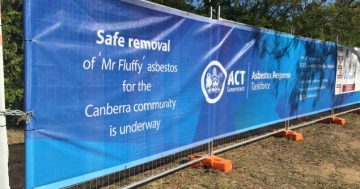
Professor Andrew Podger says external contractors are a significant corruption risk. Photo: ANU.
An award-winning research paper pointing to the dangers of nepotism and cronyism within the Australian Public Service has reinforced calls for a federal anti-corruption commission.
Associate Professor Jeanette Taylor’s paper was published in the Australian Journal of Public Administration in 2019 and has just won the Sam Richardson Award for the journal’s most influential article.
Her research at the University of Western Australia investigated what workplace factors encouraged APS employees to report cases of workplace corruption.
She found that only one third of APS staff who had witnessed corruption reported it, but while most were willing to identify behaviour that was clearly fraudulent or illegal, workers were much less likely to call out nepotism and cronyism.Professor Taylor’s study used data from the APS Employee Census with many respondents admitting to staying silent despite having observed cases of cronyism and nepotism in their agency.
My Public Sector
“If we think that preferential treatment of friends and family members are largely confined to developing countries, then think again,” Professor Taylor said.
“Several reports by anti-corruption bodies in Australian states suggest these cases are harder to investigate and monitor. It is often difficult to get access to direct evidence of such an issue.
“There is also a low level of trust in the management to tackle the issue, not to mention concerns of retaliation.”

Associate Professor Jeanette Taylor. Photo: University of Western Australia.
Former Public Service Commissioner Andrew Podger AO, now a Professor in the School of Sociology at the ANU’s College of Arts & Social Sciences, has lauded Professor Taylor’s work in the field as a major contribution.
However, he says there are further corruption risks arising from a lack of control over the government’s externally contracted projects.
Professor Podger gave evidence on these risks to a Senate committee last week, flagging concerns that while internal mitigations exist within the APS, no such measures can be imposed on service providers.
“The area that worries me most is the extent to which the APS is contracting out and using labour hire,” he told Region Media.
“There is no provision to stop nepotism when a company handles its own staffing, beyond the capacity of the APS to manage the situation. The massive increase in contracting raises serious questions about how confident we can be about those risks.”
APS sources say that if there’s no evidence of obvious illegality, staff may feel that the price of reporting dubious behaviour is not worth the benefits, especially if workplace relationships and promotions are at risk.
Legislative provisions prevent management from taking direct action following a complaint and the APS allows for appeals around promotions, but sources say that unease remains in some quarters about upsetting the apple cart if there’s no direct evidence of criminal behaviour.
Professor Podger said that the APS Employee Census meant it was possible to get down to agency level and within agencies to detect things like employee motivation and morale.
“That will allow you to look at problem areas and the data becomes much more useful for addressing management issues.
“But the limit is that this data necessarily only deals with public servants, when there is an increasingly large number of people who are working for the government but are not government employees.”




















